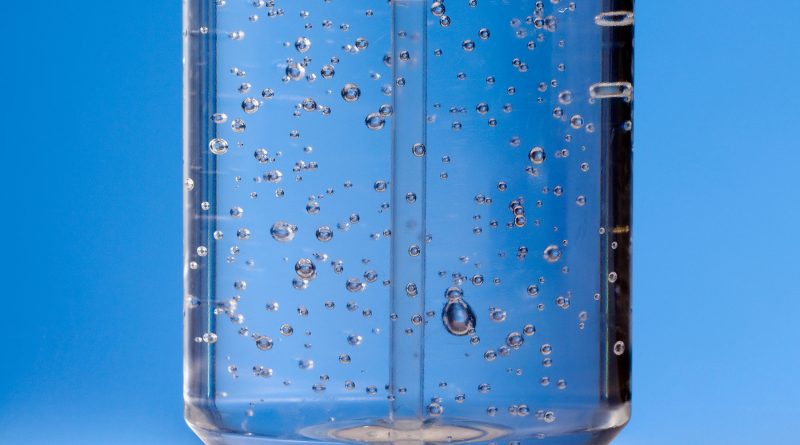Hand Sanitizer Is Harming Kids' Eyes
[ad_1]
The good news: Most cases were relatively mild in severity, meaning some eye pain, tingling sensations or acute inflammation, swelling and/or discoloration (“conjunctival hyperemia”).
The bad news: Six “moderately severe” cases involved limited “keratitis,” an inflammatory condition that affects the cornea. Several children had serious corneal lesions.
And while none of the 2019 cases involved public exposure to hand sanitizer, 63 did in 2020, most in French shopping malls.
Public exposure also occurred in restaurants, movie theaters, open public spaces, sports arenas and swimming pools through contact with an automatic or foot-controlled dispenser.
In France (as in the United States), the availability of public dispensers shot up as the pandemic unfolded. And in France pediatric eye injuries appeared to rise in tandem, according to the study.
This is likely because public dispensers are typically around 3 feet high — eye level for a small child, Martin and his team noted.
As such, Yangzes offered a recommendation: “Lower the height of alcohol dispensers so that the level is below the children’s eyes [and] face,” she urged. A caution sign should be placed next to dispensers as a precaution, she added.
The AAO’s Tuli noted that sanitizer-related injuries can also occur when the alcohol has not yet evaporated and a child rubs his or her eyes.
“Usually, the blink reflex protects us from a lot of sanitizer getting into the eye, and tearing dilutes it,” she said. “So, we see irritation similar to getting shampoo in the eye.”
But if more than a tiny amount of sanitizer reaches the eye, Tuli said it can do more damage.
“It can cause corneal abrasions, where the epithelium of the cornea or conjunctiva can get damaged, similar to a scratch on the eye from a fingernail injury. That can be very painful, but fortunately heals rapidly,” Tuli said. “If a large amount gets in the eye, it can cause larger defects, which may require more interventions to heal.”
Since hand sanitizer is sterile, she added, infections or permanent damage are rare.
More information
There’s more about safe use of hand sanitizer at the U.S. Centers for Disease Control and Prevention.
SOURCES: Sonal Tuli, MD, clinical spokeswoman, American Academy of Ophthalmology; Sonam Yangzes, MBBS, MS, DNB, consultant, lens, cornea and refractive services, Grewal Eye Institute, Chandigarh, India; JAMA Ophthalmology, Jan. 21, 2021, online
[ad_2]
Source link



